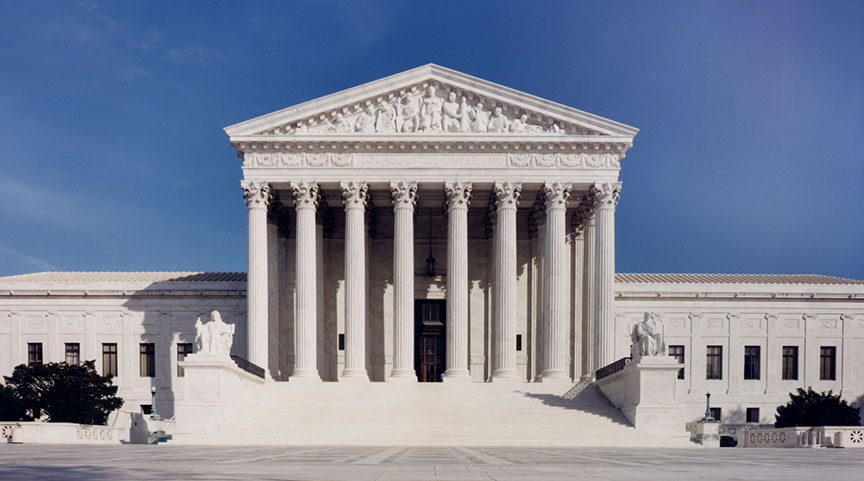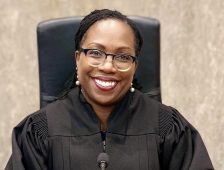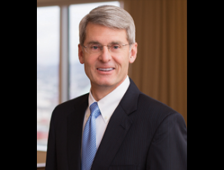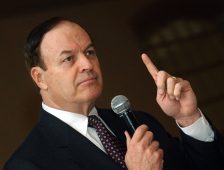David Hall, Reporter
david@southerntorch.com
In a 6-3 ruling Monday morning, the Supreme Court determined that former Washington state high school football coach Joseph Kennedy had a right to pray on the field immediately after games.
Supreme Court Justice Neil Gorsuch wrote for the court’s majority, “Respect for religious expressions is indispensable to life in a free and diverse Republic—whether those expressions take place in a sanctuary or on a field,” Justice Gorsuch continued, “Both the Free Exercise and Free Speech Clauses of the First Amendment protect expressions like Mr. Kennedy’s.”
To avoid the appearance that the school was endorsing a religious viewpoint, Bremerton School District told Kennedy he could not pray so openly and publicly after games. Kennedy claimed this violated his religious freedom.
The Bremerton School District warned Kennedy to end his prayers at the 50-yard line after games. Kennedy refused and eventually received a poor performance review from the school district. He declined to apply for contract renewal after the 2015 football season. Kennedy then sued the school district for violating his right to free expression and religious freedom.
Kennedy urged the Supreme Court by explaining that his actions were completely his own, represented only his religious beliefs, and did not represent the school in any way.
However, the opposing side’s main argument was not that Kennedy could not pray after the games, but that his public and prominent manner was coercive to young student-athletes. Kennedy’s opposition believes school officials, especially those who students look up to such as himself, could make students feel compelled to join them in prayer.
The court “consistently has recognized that school officials leading prayer is constitutionally impermissible,” wrote Supreme Court Justice Sonia Sotomayer in a dissent. Justice Sotomayer went on to call the ruling a “disservice” to schools and students around the country, as well as "the nation's longstanding commitment to the separation of church and state.”
“Today’s decision is particularly misguided because it elevates the religious rights of a school official, who voluntarily accepted public employment and the limits that public employment entails, over those of his students, who are required to attend school and who this Court has long recognized are particularly vulnerable and deserving of protection,” wrote Justice Sotomayer.
Justice Sotomayer continues, "To the degree the Court portrays petitioner Joseph Kennedy’s prayers as private and quiet, it misconstrues the facts. The record reveals that Kennedy had a longstanding practice of conducting demonstrative prayers on the 50-yard line of the football field. Kennedy consistently invited others to join his prayers and for years led student athletes in prayer at the same time and location. The Court ignores this history. The Court also ignores the severe disruption to school events caused by Kennedy’s conduct.”
Former Vice President Mike Pence commented on the ruling, “Americans of faith do not turn their devotion off and on like a light switch, and we must reject any attempt by the government to control private religious expression — especially those who call on their faith when answering the call to participate in public service.”
Following the court’s ruling, Kennedy said, "All I've ever wanted was to be back on the field with my guys." He continued, "I thank God for answering our prayers and sustaining my family through this long battle.”
Kennedy currently lives in Florida but indicated before the ruling that if the court ruled in his favor, he would return to coaching.





